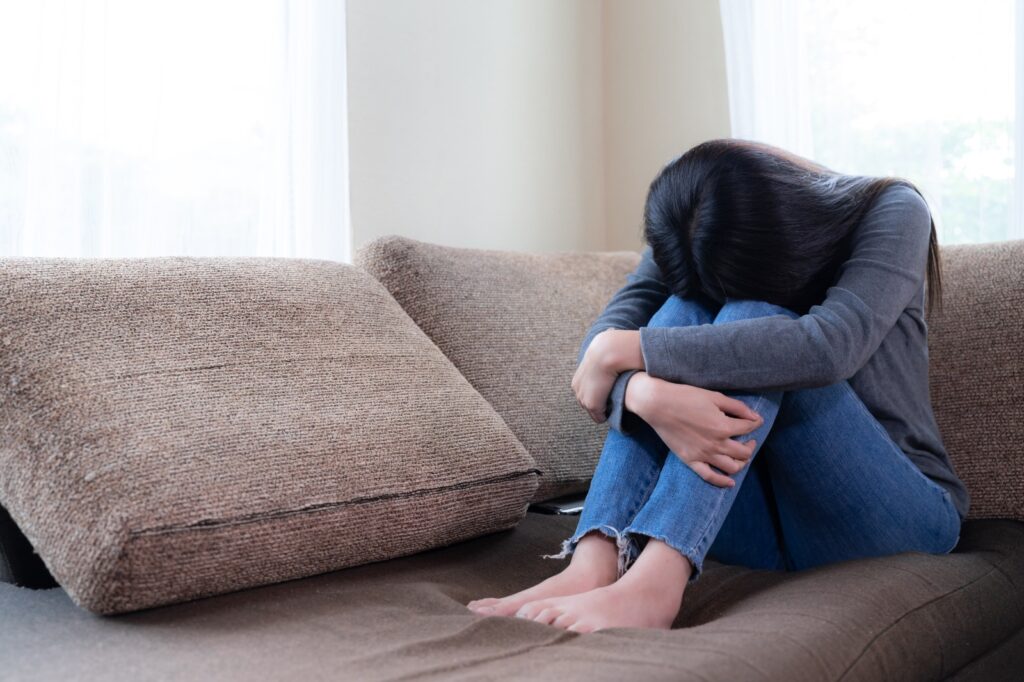In this era, mental health conditions are becoming a major threat among older people, when it comes to mental health issues we only talk about depression or sometimes anxiety. But it’s way more problematic than that. There are so many mental issues that maybe so many people don’t even know. There’s bipolar, there’s substance abuse, there’s dementia and many more. And the biggest problem is no one is talking about mental health as an issue.
According to the World Health Organisation (WHO), the global number of individuals over 60 will nearly double from 12% in 2015 to 22% in 2050. As of December 2017, 15% of the population was suffering from a mental disease. Following are the five major mental health conditions that affect ageing adults:
Depression :
Depression is a prevalent mental health condition among the elderly. Symptoms may include persistent sadness, loss of interest in activities, changes in appetite or weight, sleep disturbances, and feelings of worthlessness. Contributing factors may include physical health problems, chronic pain, bereavement, or social isolation. Treatment options often include a combination of therapy, medication, and social support.
Anxiety :
Anxiety disorders can affect older adults and cause excessive worry, restlessness, irritability, difficulty concentrating, and physical symptoms such as rapid heartbeat or shortness of breath. These conditions can stem from various sources, such as general anxiety, specific phobias, or post-traumatic stress disorder (PTSD). Treatment approaches typically involve therapy, relaxation techniques, and, if necessary, medication.
Dementia :
Dementia, including Alzheimer’s disease, is a progressive neurodegenerative condition that affects memory, cognitive function, and behaviour. Elderly parents experiencing dementia may display memory loss, confusion, personality changes, difficulty with language, and impaired judgment. While there is no cure for dementia, supportive care, cognitive stimulation, and medication can help manage symptoms and enhance the quality of life.



Bipolar Disorder :
OABD (older age bipolar disorder) is a prevalent ailment among the elderly. According to available information, people with bipolar disorder had less family psychiatric history but more medical comorbidities than people with early onset bipolar disorder (EOBD). Furthermore, persons with Bipolar Disorder have worse clinical outcomes and greater rates of healthcare utilisation than age-matched controls. When screening persons with Bipolar Disorder, underlying medical disorders, side effects of prescription medicines, and/or substances of abuse must be checked out as probable aetiologies for OABD.


Substance Abuse :
Substance abuse among older adults is a growing concern. Some elderly parents may turn to alcohol or prescription medications as a way to cope with physical pain, loneliness, or other life stressors. Warning signs include increased tolerance, secretive behaviour, neglect of personal hygiene, and withdrawal from social activities. Interventions involve professional assessment, counselling, and support groups tailored to older adults’ specific needs.
Understanding the mental health conditions that elderly parents may experience is crucial for their well-being and overall quality of life. By recognizing the symptoms, addressing potential causes, and seeking appropriate interventions, we can support our elderly parents in maintaining their mental health. Encouraging open communication, providing social support, and connecting them with professional help when needed are essential steps in promoting their mental well-being.

Shared by : Rahul Misra, Founder, Vesta Elder Care
Author’s bio:
Mr. Rahul Misra is the Founder of Vesta Elder Care.




